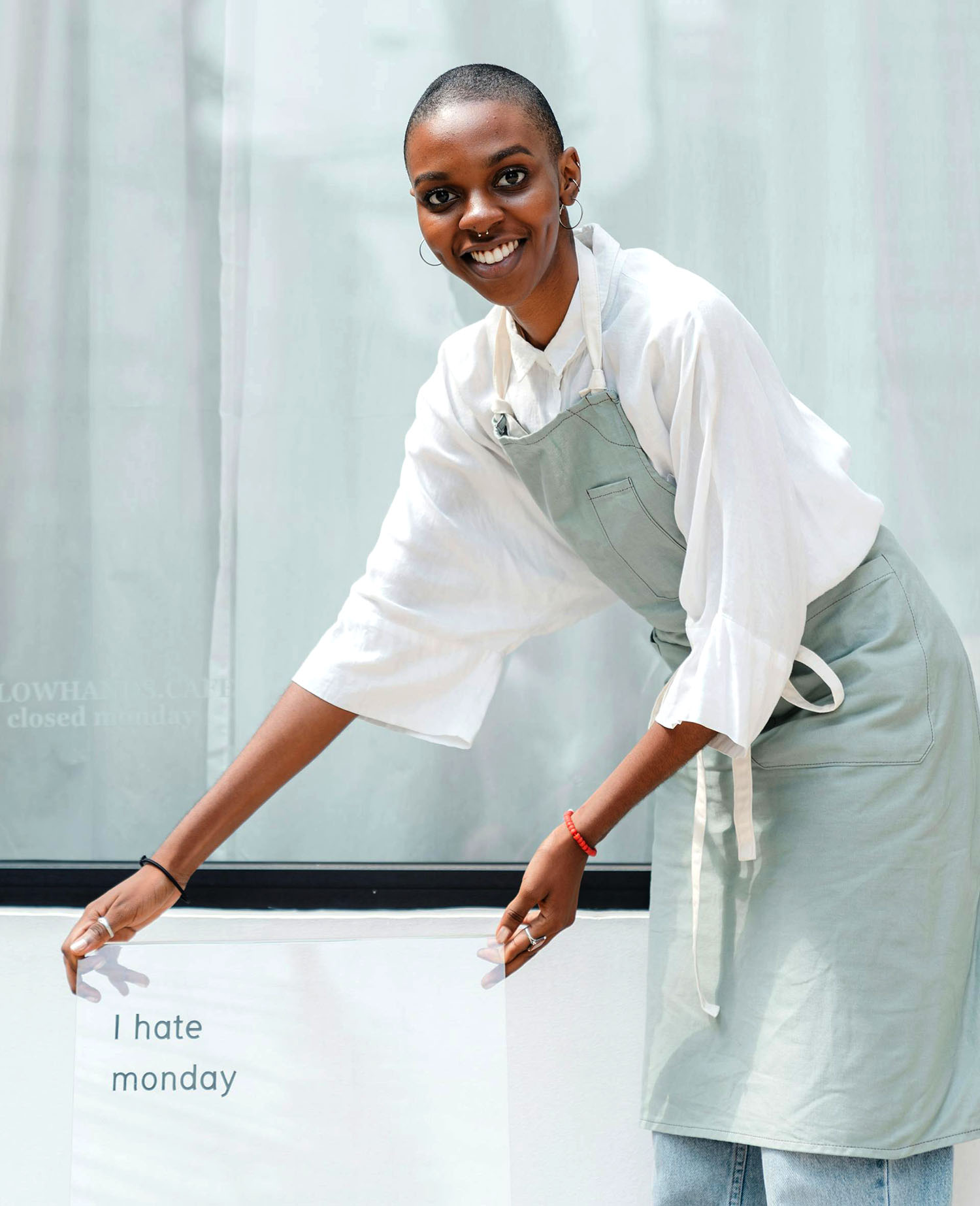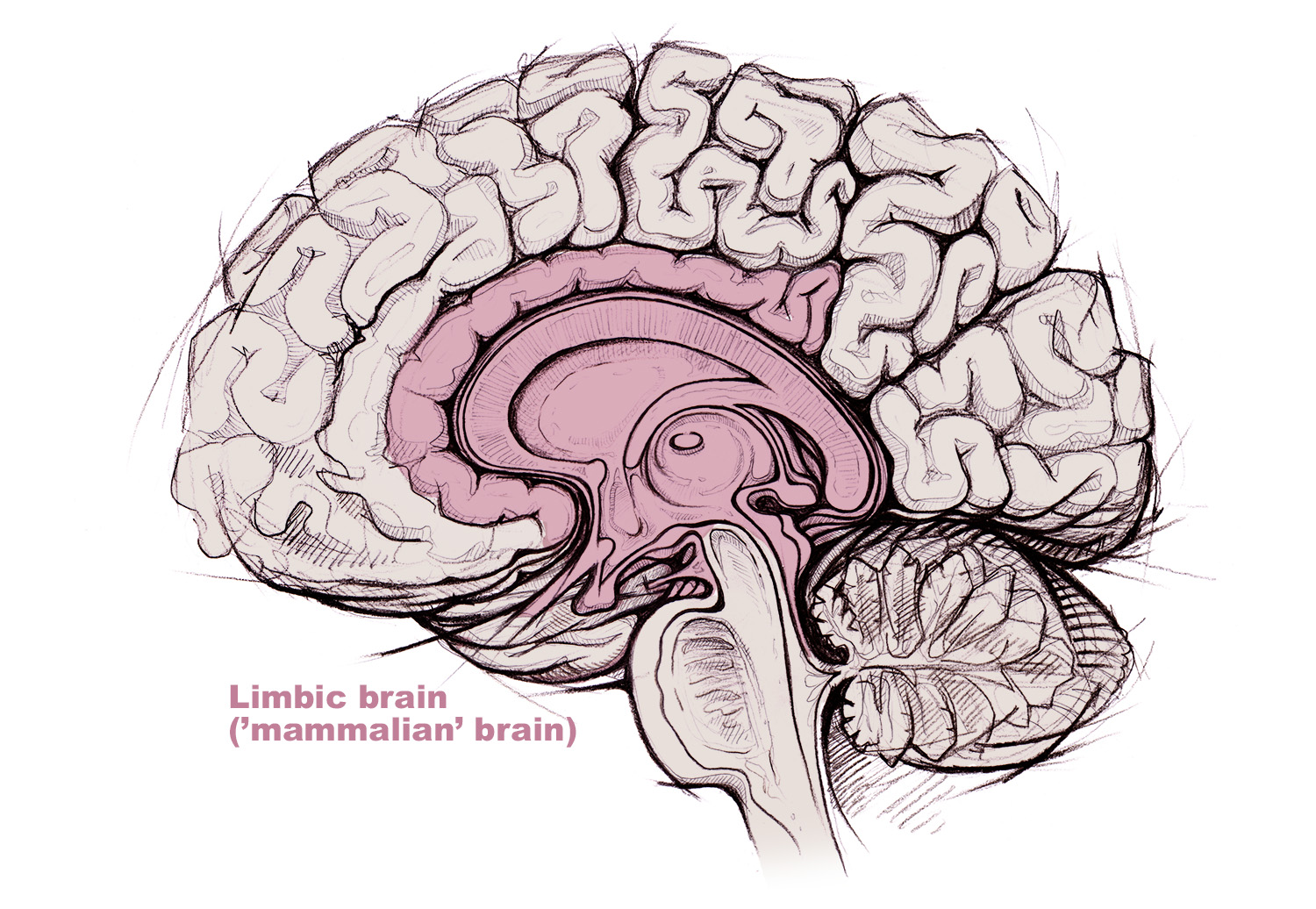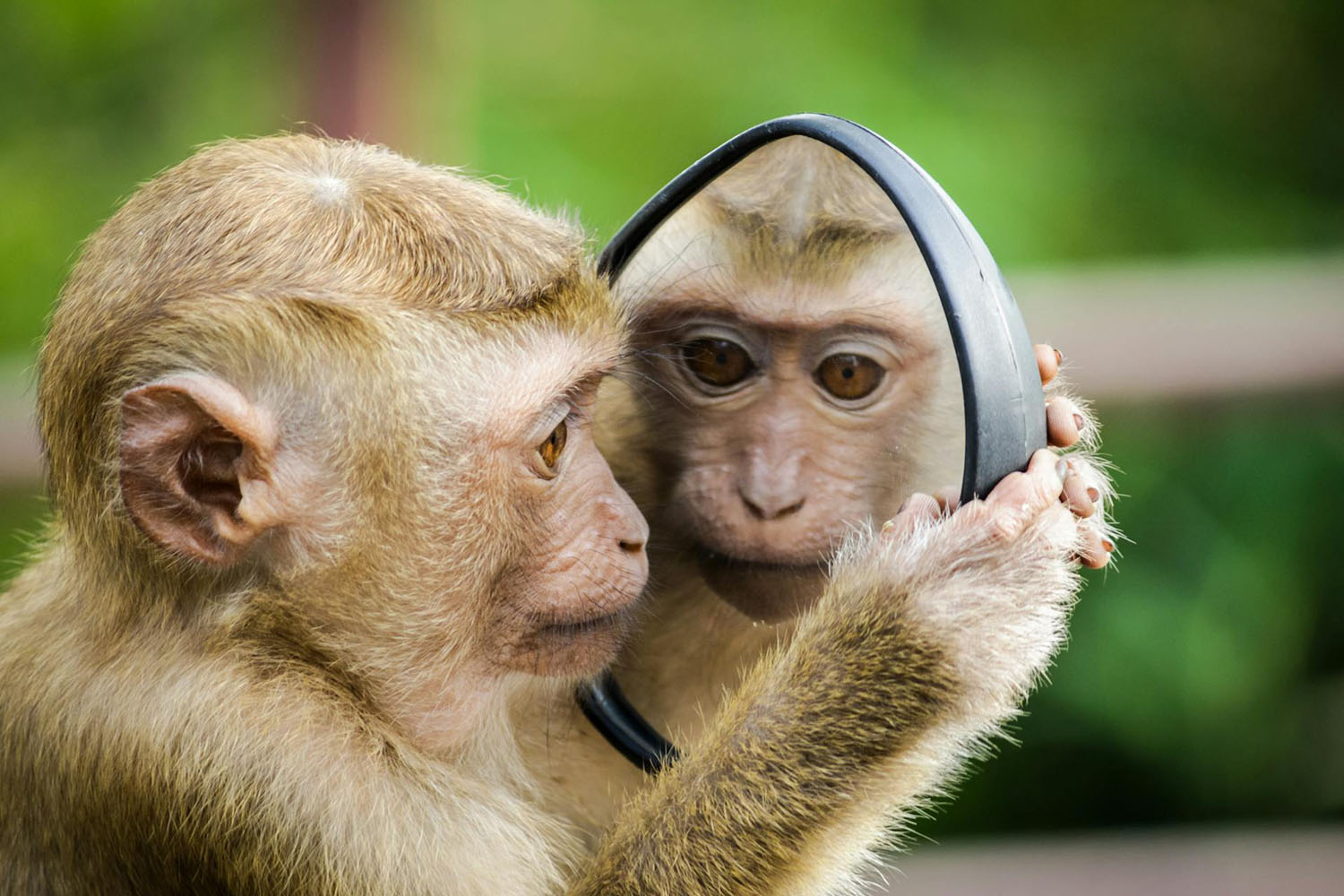Being Conscious of What You Like and Dislike Does Not Mean That Those Preferences Were Consciously Chosen
Think about something as simple as what you like to eat. Is it your free will decision? You might think it’s a conscious decision, but most of the time, you simply put some food in your mouth, and your subconscious emotional brain responds to the flavors by making you feel good or bad. If you feel good, you then create a logical explanation for why you enjoyed what you just ate. From that point on, you will have the false impression that it was your conscious decision to like it.

You can also think the opposite way. If what we like to eat were our conscious choice, we could easily decide that, from tomorrow, it will be the taste of seaweed that we like the most. We could easily stop all agriculture, and return all land to nature to heal our planet. We could simply make a list of healthy and environmentally friendly foods and decide to like eating those the most, creating a much better and healthier new world in just a couple of years.

Why Can’t We Just Start Liking Everything We Have to Do to Make Our Lives Easier?
Similarly, it is not our consciousness that primarily decides what we like or dislike doing. If it did, we could simply decide to love the things we dislike but have to do, and from tomorrow, we would do everything with absolute joy and satisfaction. Everyone could make themselves highly productive and fulfilled in their work, regardless of what it is. We could also easily replace all our bad habits with good ones, and we would all become perfect human beings from one day to another.

In Reality, Your Subconscious Limbic Brain Is in Charge of Your Will
The reason people cannot simply decide what they like or dislike is that, by default, our subconscious emotional brain makes these decisions. Our conscious analytic brain only helps to get what the subconscious desires and avoid what it dislikes or fears. The most important part of the emotional brain is the region known as the limbic brain or mammalian brain. This area controls most of your mechanisms of happiness and stress. It makes you motivated or unmotivated to do things and regulates your feelings of attraction or aversion. Your limbic brain orchestrates most of the fears and pleasures that you experience in your life.

Fortunately, You Can Convince Your Subconscious to Make You Feel Differently
Now, here comes the better part. Fortunately, your conscious brain can imagine how it would be if what you like or dislike were different. This way, you can convince your subconscious through reasoning to like or dislike things differently. You can experiment with food and step by step consciously learn to enjoy tastes that you have disliked before. You can also convince your subconscious that you should feel differently about things you dislike to do but can’t avoid and learn to feel absolutely fine when doing them. For this reason, it depends on your conscious brain’s convincing skills how much real free will you have in your life. You can either live in the illusion of having free will while being completely driven by your subconscious brain’s desires and aversions. Or, you can train your emotional brain to follow more and more the guidance of higher-level conscious thinking and develop much more freedom in your choices.

In Reality, Your Conscious Choices Only Mean Following Other Subconscious Desires
Now, there is a catch here. The desire to liberate yourself from being completely driven by your subconscious brain and to become someone guided by higher consciousness is, in fact, also driven by a subconscious desire. As a social animal, your brain is programmed to make you strive to be a better and smarter human. The underlying reason for this is that by improving yourself, you can gain more appreciation from your group, which can increase your chances of survival. Thus, when you create an image of an ideal, more conscious version of yourself, it is fundamentally based on a subconscious desire to be a better human and enjoy the positive feelings associated with greater social recognition. From the perspective of your subconscious, self-recognition is equivalent to recognition from others.
Free Will Is Not Something You Either Have or Don’t, but a Skill You Can Develop to Different Levels
Some scientists and philosophers claim that completely free will, not based on subconscious desires, cannot exist, and therefore humans have no free will at all. Such conclusions obviously make sense. However, if you define free will not as something you either have or don’t have, but rather as the capability to not directly follow your likes, dislikes, desires, and fears, but to consciously investigate, reflect on them, and make more sophisticated decisions, then you achieve a much higher level of freedom in your choices. Instead of concluding that there is no free will, you can rather see free will as a skill that people can develop to different levels, and this is how it works.
